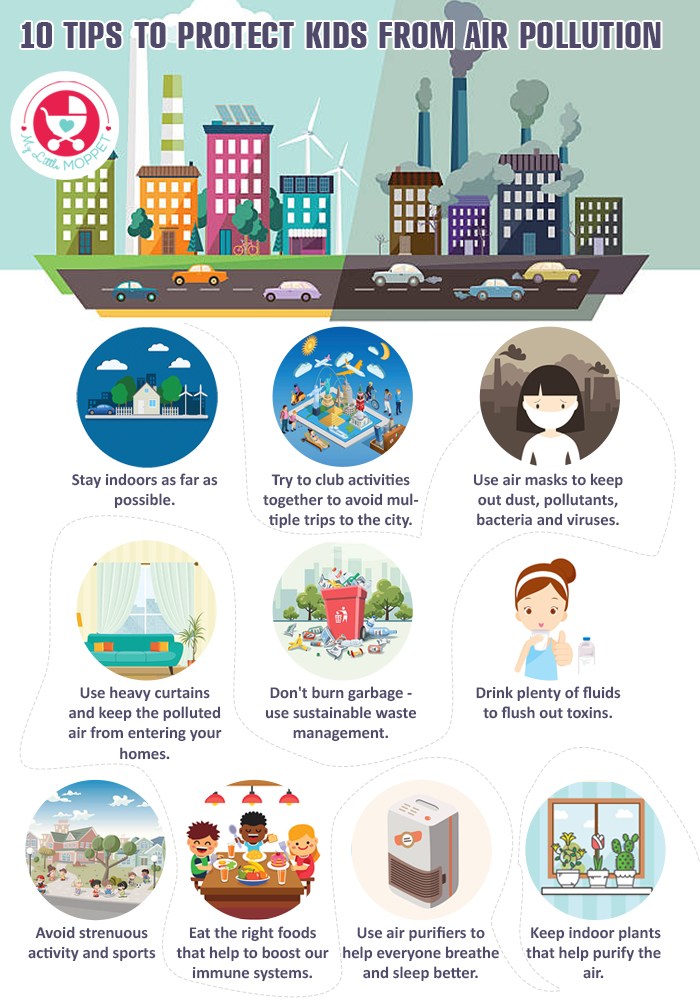The Future Of Home Home Heating - Just How Heat Pump Innovation Is Evolving
The Future Of Home Home Heating - Just How Heat Pump Innovation Is Evolving
Blog Article
Created By-Dugan McCormick
Heat pumps will be a critical modern technology for decarbonising heating. In a situation consistent with federal governments' revealed power and climate dedications, their worldwide capability doubles by 2030, while their share in heating rises to one-quarter.
They work best in well-insulated homes and rely upon electricity, which can be supplied from a renewable power grid. Technical developments are making them more reliable, smarter and less expensive.
Fuel Cells
Heat pumps utilize a compressor, refrigerant, coils and followers to relocate the air and heat in homes and devices. They can be powered by solar power or power from the grid. They have been obtaining appeal because of their affordable, silent operation and the capacity to create electricity throughout peak power demand.
Some business, like IdaTech and BG MicroGen, are servicing fuel cells for home heating. These microgenerators can change a gas boiler and create several of a house's electrical demands with a link to the electrical energy grid for the remainder.
Yet there are factors to be skeptical of using hydrogen for home heating, Rosenow states. It would certainly be pricey and ineffective contrasted to other modern technologies, and it would certainly contribute to carbon exhausts.
https://raymondjexrl.ziblogs.com/29404058/the-ultimate-guide-to-recognizing-heat-pumps-just-how-do-they-function and Connected Technologies
Smart home innovation enables home owners to link and control their devices remotely with making use of smartphone applications. For example, smart thermostats can discover your home heating preferences and instantly adapt to enhance power intake. Smart lighting systems can be regulated with voice commands and automatically turn off lights when you leave the room, reducing power waste. And smart plugs can keep an eye on and manage your electric usage, enabling you to identify and restrict energy-hungry appliances.
The tech-savvy household depicted in Carina's meeting is a great image of just how residents reconfigure area home heating techniques in the light of new clever home innovations. see this rely upon the devices' computerized features to execute daily modifications and concern them as a practical ways of performing their heating methods. As such, they see no reason to adjust their techniques additionally in order to enable versatility in their home power demand, and interventions aiming at doing so may face resistance from these households.
Electrical power
Considering that heating homes represent 13% of US exhausts, a button to cleaner alternatives might make a large difference. However the technology deals with obstacles: It's expensive and requires substantial home improvements. And it's not always compatible with renewable energy sources, such as solar and wind.
Up until just recently, electrical heat pumps were also expensive to take on gas designs in the majority of markets. However brand-new innovations in style and materials are making them extra inexpensive. And far better cool environment efficiency is allowing them to function well also in subzero temperatures.
The following action in decarbonising home heating may be making use of warmth networks, which draw heat from a central source, such as a close-by river or sea inlet, and distribute it to a network of homes or structures. That would certainly decrease carbon exhausts and enable families to benefit from renewable resource, such as eco-friendly electricity from a grid provided by renewables. This alternative would certainly be much less costly than changing to hydrogen, a nonrenewable fuel source that needs new facilities and would only reduce CO2 emissions by 5 percent if paired with enhanced home insulation.
Renewable resource
As power prices go down, we're starting to see the exact same trend in home heating that has actually driven electric cars into the mainstream-- however at an also quicker pace. The solid climate situation for impressive homes has actually been pushed even more by brand-new study.
Renewables make up a considerable share of modern warmth consumption, yet have actually been offered restricted plan focus internationally contrasted to various other end-use industries-- and also less focus than electricity has. In https://hvac-service-uniforms78765.blogoxo.com/29443307/exposing-common-myths-and-misconceptions-about-warmth-pumps , this shows a mix of customer inertia, divided rewards and, in several countries, aids for nonrenewable fuel sources.
New technologies might make the change simpler. For example, heat pumps can be made much more power effective by replacing old R-22 refrigerants with new ones that do not have the high GWPs of their predecessors. https://cost-of-replacing-home-ai66318.answerblogs.com/29498757/are-heat-pumps-the-most-efficient-a-c-remedy-for-your-home-a-relative-analysis visualize district systems that draw heat from a close-by river or sea inlet, like a Norwegian arm. The cozy water can then be used for cooling and heating in an area.